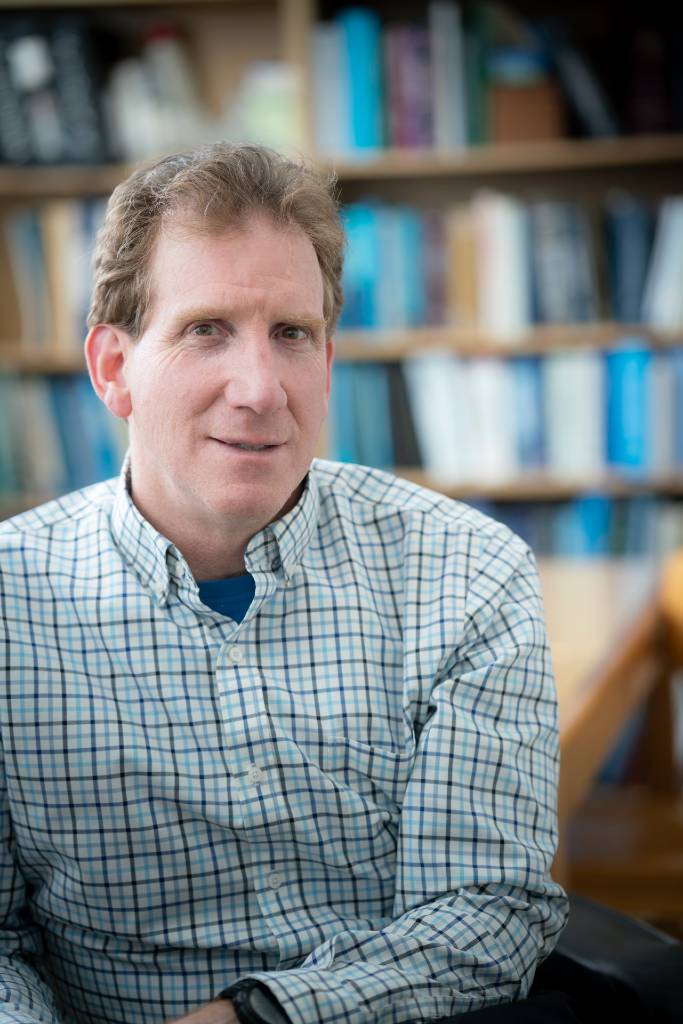EEE Research Spotlight
Ernest (Chip) Blatchley
Ernest (Chip) Blatchley, the Lee A. Rieth Professor in Environmental Engineering, Lyles School of Civil Engineering and Environmental and Ecological Engineering, has spent his career focused on water quality. His research combines a love of water and the environment, math and the physical sciences.
The Blatchley research group studies the physico/chemical processes of environmental engineering, focusing primarily on water treatment processes that involve the use of ultraviolet (UV) radiation, chlorine, or both. UV and chlorine are commonly applied for disinfection of water, but they are also useful for many other applications. Their combined application represents a powerful, yet sometimes selective, process for degrading toxic chemicals in water. Dr. Blatchley is currently writing a book for global audiences that addresses the engineering applications of UV radiation.
Dr. Blatchley is also involved in research related to the topic of water supply in developing countries, and co-teaches an interdisciplinary class on the subject. Since 2012, he has co-taught a service-learning class that has created community-scale water treatment systems for impoverished communities in the La Vega region of the Dominican Republic.
“We tend to equate using more resources with improvements in lifestyle and standard of living. A careful, close examination of our habits and those of other ‘developed’ countries, however, suggests that we can almost certainly maintain or improve our standard of living by reducing consumption of many resources,” Dr. Blatchley says. “If that general philosophy is applied, then many prominent environmental problems can be addressed and/or solved, such as those identified by the United Nations Development Programme as ‘Sustainable Development Goals,’ including climate change, providing universal access to safe water and sanitation, providing access to clean, affordable energy and managing our infrastructure.”
Abigail Engelberth
Abigail Engelberth, Assistant Professor in Agricultural and Biological Engineering and Environmental and Ecological Engineering, works in the bioeconomy and industrial ecology sectors, studying the recovery of valuable co-products from the conversion of biomass into liquid fuels and determining how much additional revenue the products will contribute to biorefineries.
With a focus on adding value to underutilized resources, she also explores the design of recovery processes in order to obtain an economic analysis of the process and determine the value of the co-product.
“Many aspects of our society are disposable and there is no penalty for consumers – or for many aspects of production – with regards to the environment. Once we hold our planet in high regard, we will start to more fully realize the worth and need for upstream thinking,” Dr. Engelberth says. “EEE prepares students to think about the system as a whole and see how one aspect has a cascading effect. If we put a price on potential environmental impact, our EEE graduates will be at the forefront of this valuable market and will help to deflect and reduce waste.”
